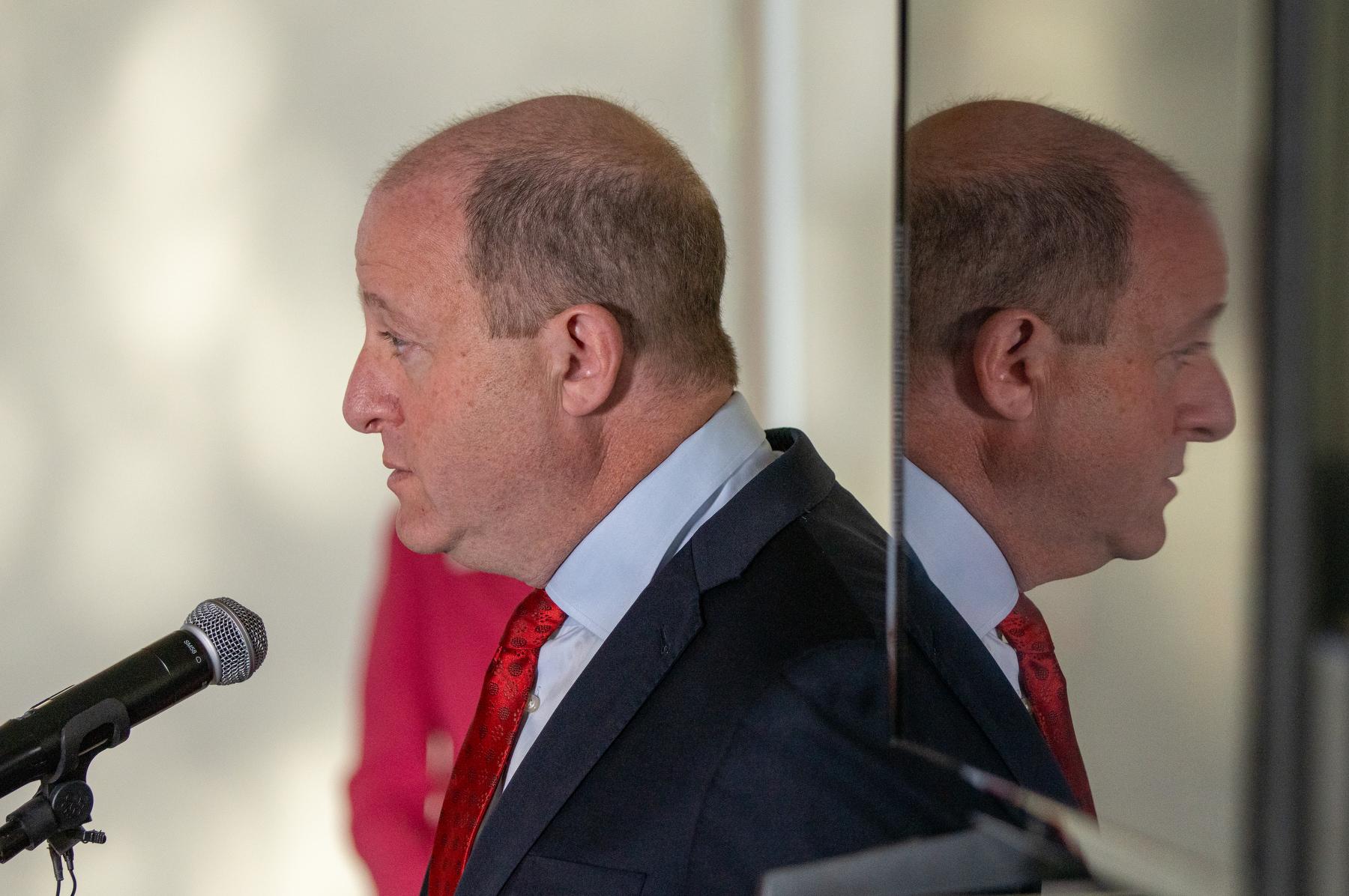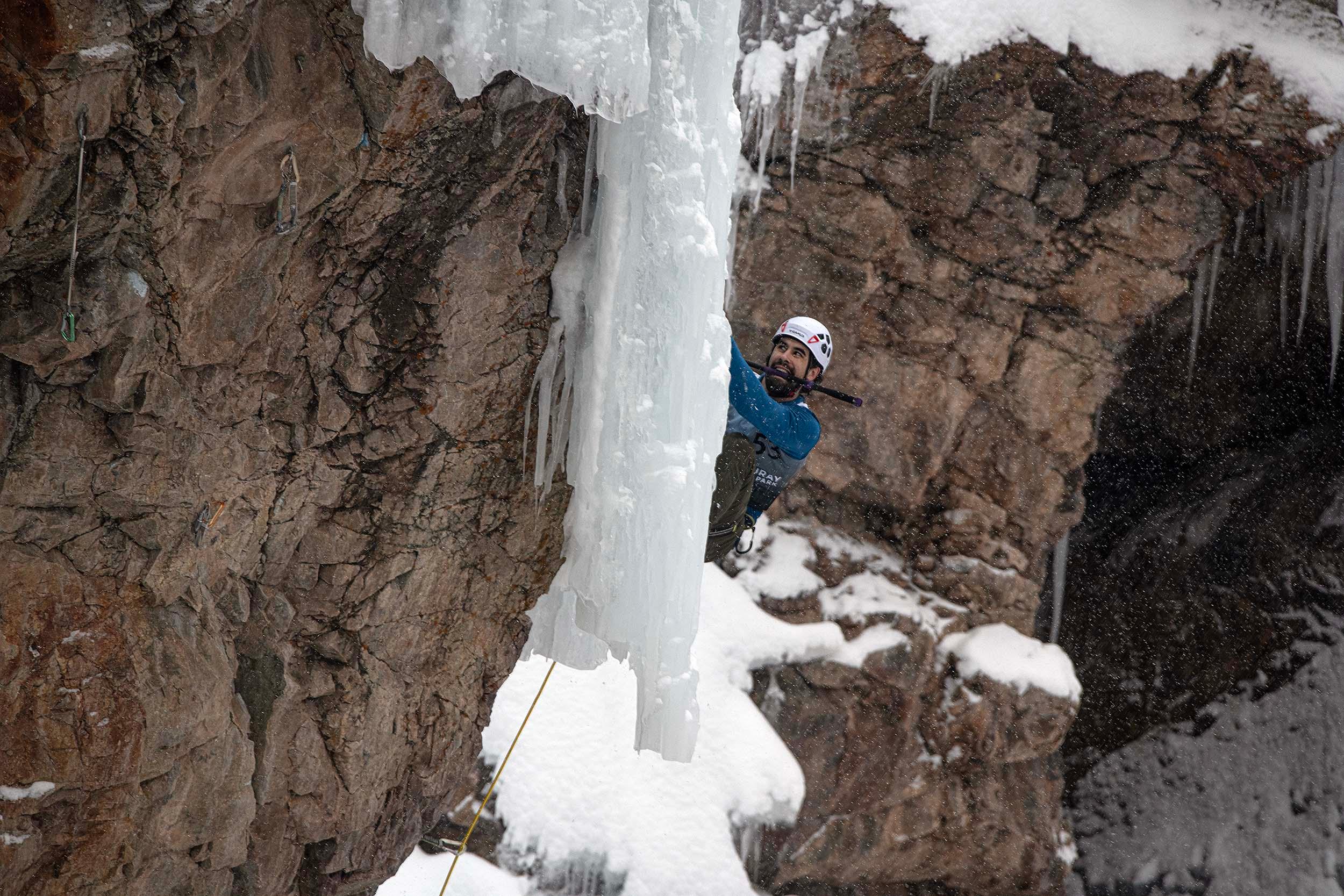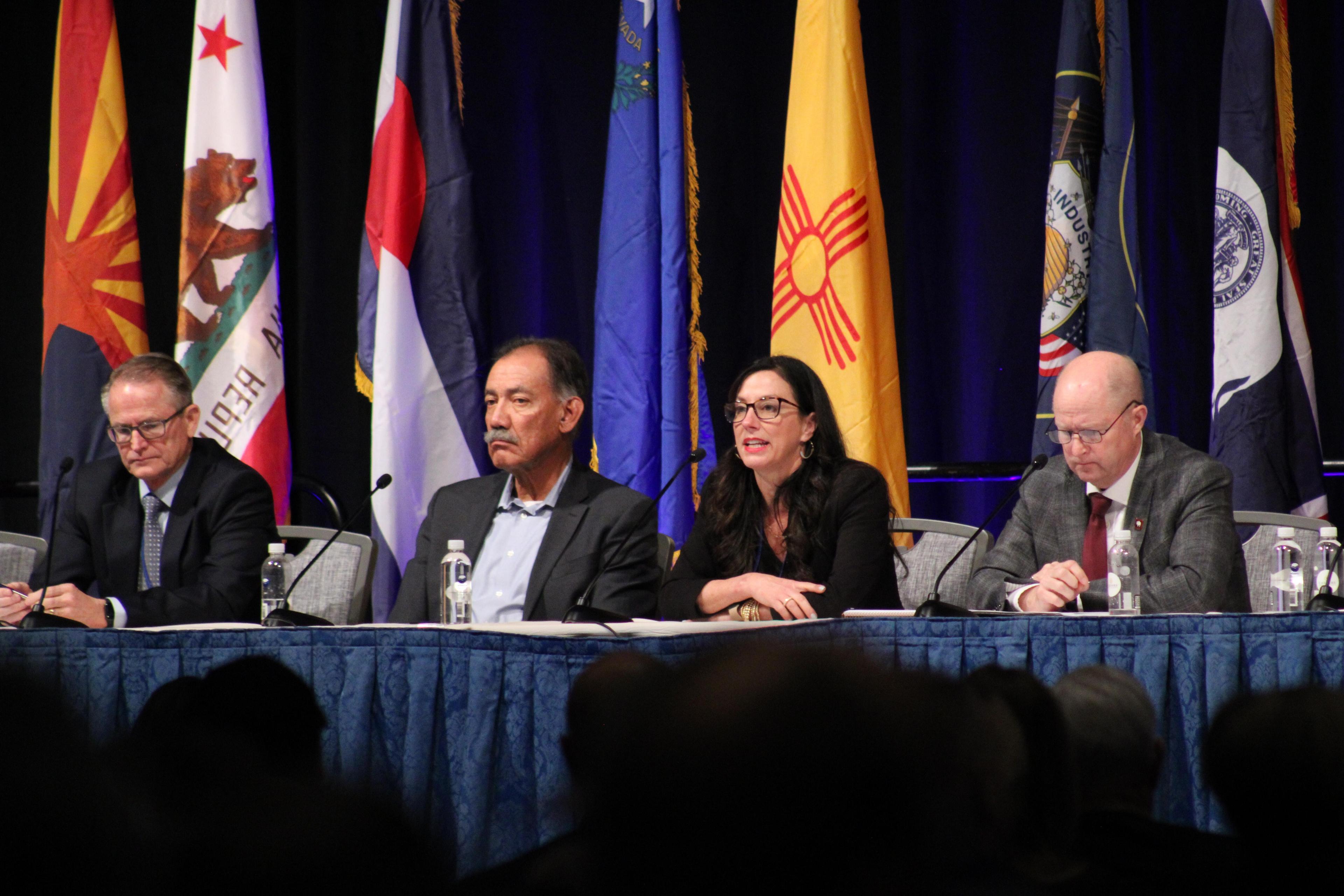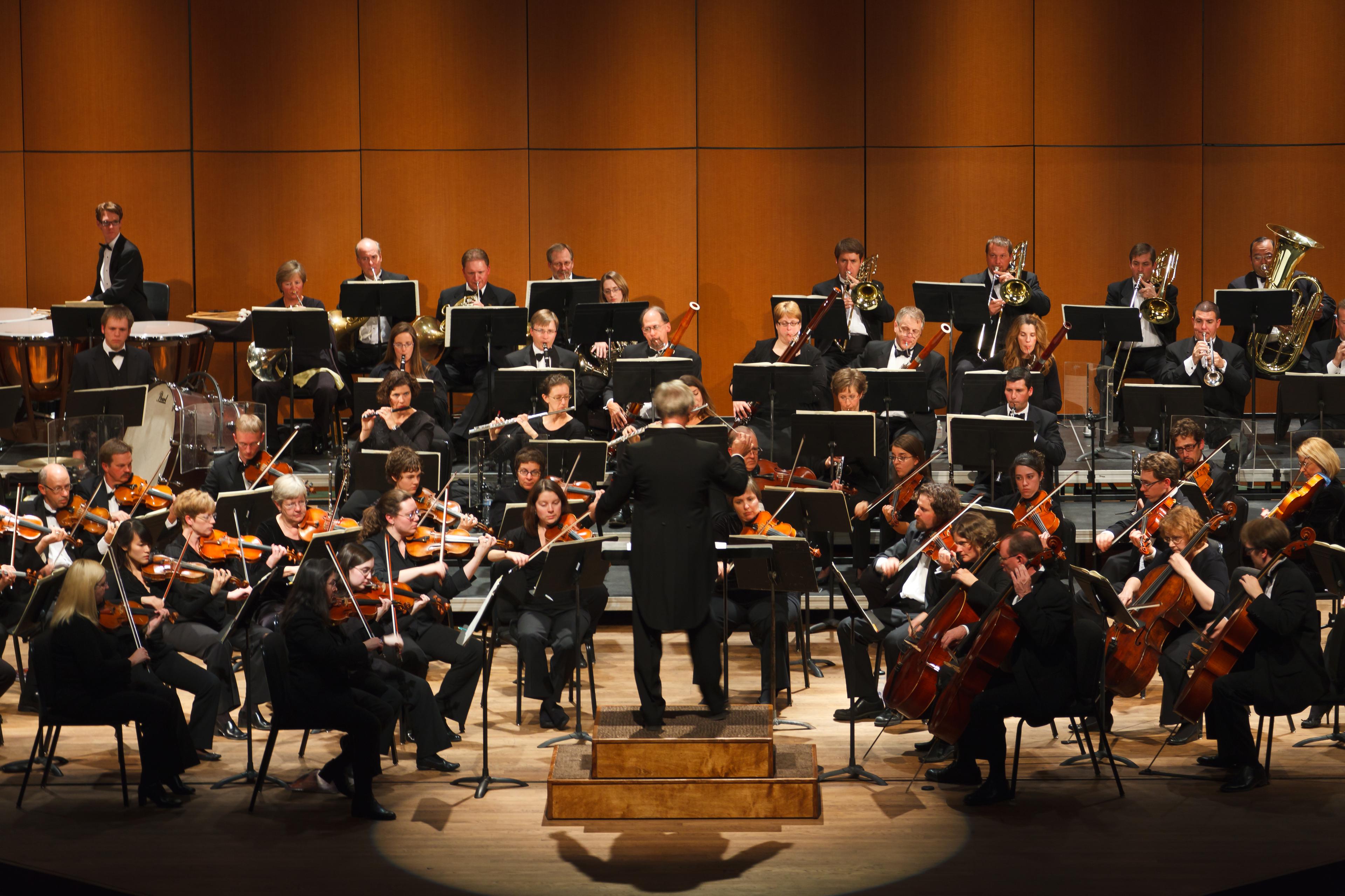

Arts advocates in northern Colorado are one step closer to securing a spot on the November ballot for a sales and use tax to support scientific and cultural organizations in Larimer County.
“We are off and running,” Bruce Freestone, the co-founder of OpenStage Theatre in Fort Collins who’s spearheading the effort, said. “We are just now entering the signature gathering phase.”
Freestone announced his plans to get the initiative before voters in 2016 more than a year ago. And last week, the Larimer County Clerk and Recorder approved his petition. Freestone and his backers now need to gather at least 7,252 valid signatures by July 21.
Initial estimates suggest that if the cultural tax passed it would generate about $6.6 million in 2017, according to Freestone. He says the first grants would likely be handed out in 2018. Freestone expects more than 100 organizations to qualify.
“I’ve been passionate about this forever,” he said. “We’ve been talking to various groups really since Denver put their (cultural tax) in place, and we were all jealous and envious.”
The group behind the measure turned to Denver metro’s Scientific and Cultural Facilities District (SCFD) as a model. That cultural tax dates back to 1989 and now benefits more than 270 organizations across seven counties, from Boulder to Douglas. Denver-area voters will decide this fall whether to extend their tax district -- which handed out more than $54 million in 2015 -- for 12 more years.
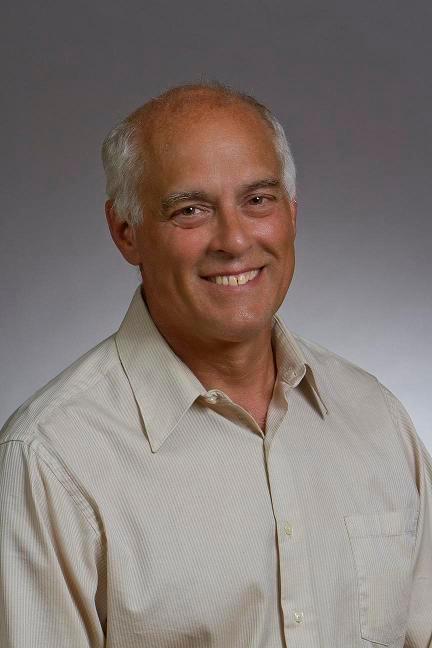
If Larimer County voters approve the new tax, it would stand for 10 years. The Larimer County Commissioners would appoint the tax district’s board of directors, which would determine things like administrative needs, how the money would be distributed and who’s eligible.
“One of the elements we plan to borrow from the Denver experience is the rigor of the application,” Freestone said. “The amount of documentation you have to show and the track record that you have that shows you are capable of dealing with public moneys in an appropriate and responsible way.”
But the distribution model in Larimer County would be different from Denver’s SCFD. Freestone says the revenue would be divided into two pools. The first -- known as the “sustainability” fund -- would go to non-profit organizations that are five years or older. Eligible groups would each get a different amount based on an equal percentage of their budgets.
Smaller groups that are at least three years old could apply for individual grants from the second pot -- known as the “innovation” fund. These grants would serve organizations that focus on collaboration and innovative programming.
“This is about giving citizens access to experiences and features that contribute to our quality of life,” Freestone said. “We've got a lot of action going on, a lot of groups creating programming and making it available to the public. This should help them get their message out.”
Larimer County Commissioner Steve Johnson told CPR News last year he expects any new tax to have a tough time passing in the County.
Johnson said this week that Larimer County officials plan to consider a 0.25 percent sales tax for 25 years to build a mental health treatment center. They have until September to refer the measure for inclusion on this year's ballot.
"Frankly, this is a much more urgent need in our community, and I will be focusing all of my support and effort toward its passage," Johnson said via email.
Fort Collins does offer grants through its Cultural Development & Programming and Tourism Accounts. Last year, the "Fort Fund" grants -- which come from allocated lodging tax revenues -- amounted to $366,832.
According to the Larimer County Clerk and Recorder, the petition to create a cultural tax district is the only county-wide petition being circulated.
This is a big year for the arts in Colorado. That’s because voters will make decisions on arts funding in the November election. And we’re on a quest to understand the role of public art in your community and what it means to use public money to create art. We need your help to guide our coverage. What do you want to know about public art? Share your questions and ideas below or through Twitter and Facebook.



